.webp)
© History Oasis
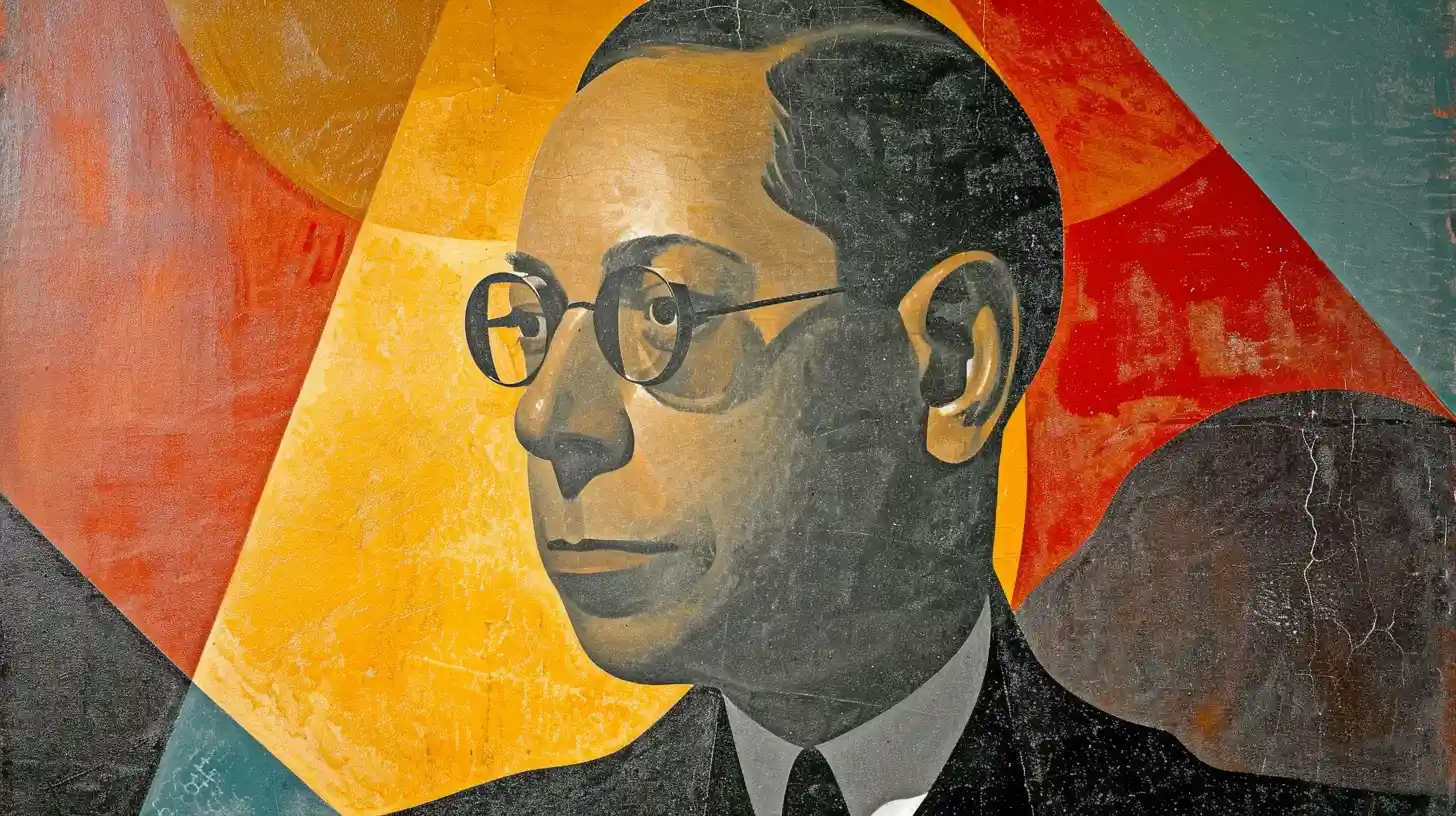
Senior Partner of Goldman Sachs (1930-1969)
Sidney Weinberg started as a janitor's assistant at Goldman Sachs and became a senior partner by 1930. He saved the firm from bankruptcy after the 1929 crash. Weinberg sat on 35 corporate boards and advised presidents from Roosevelt to Johnson. Wall Street called him "Mr. Wall Street."
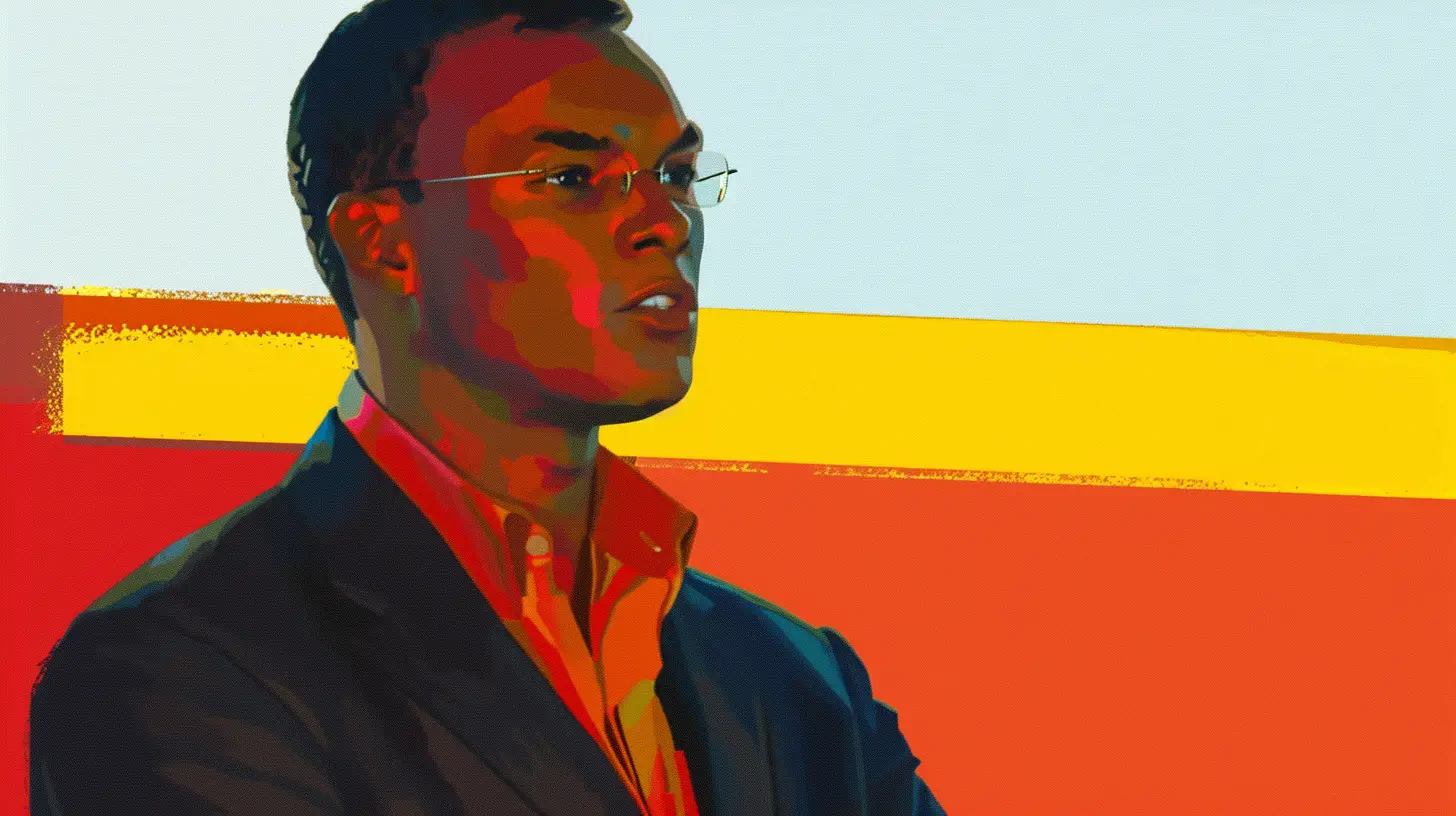
CEO of Bank of America (2001-2009)
Kenneth Lewis is best known for a flurry of ill-fated acquisitions. He bought FleetBoston Financial for $47 billion and MBNA for $35 billion. During the 2008 crisis, he acquired Countrywide Financial and Merrill Lynch. But these deals destroyed Bank of America's balance sheet. Lewis accepted $45 billion in government bailouts, paid $10 million in fraud fines, and resigned.
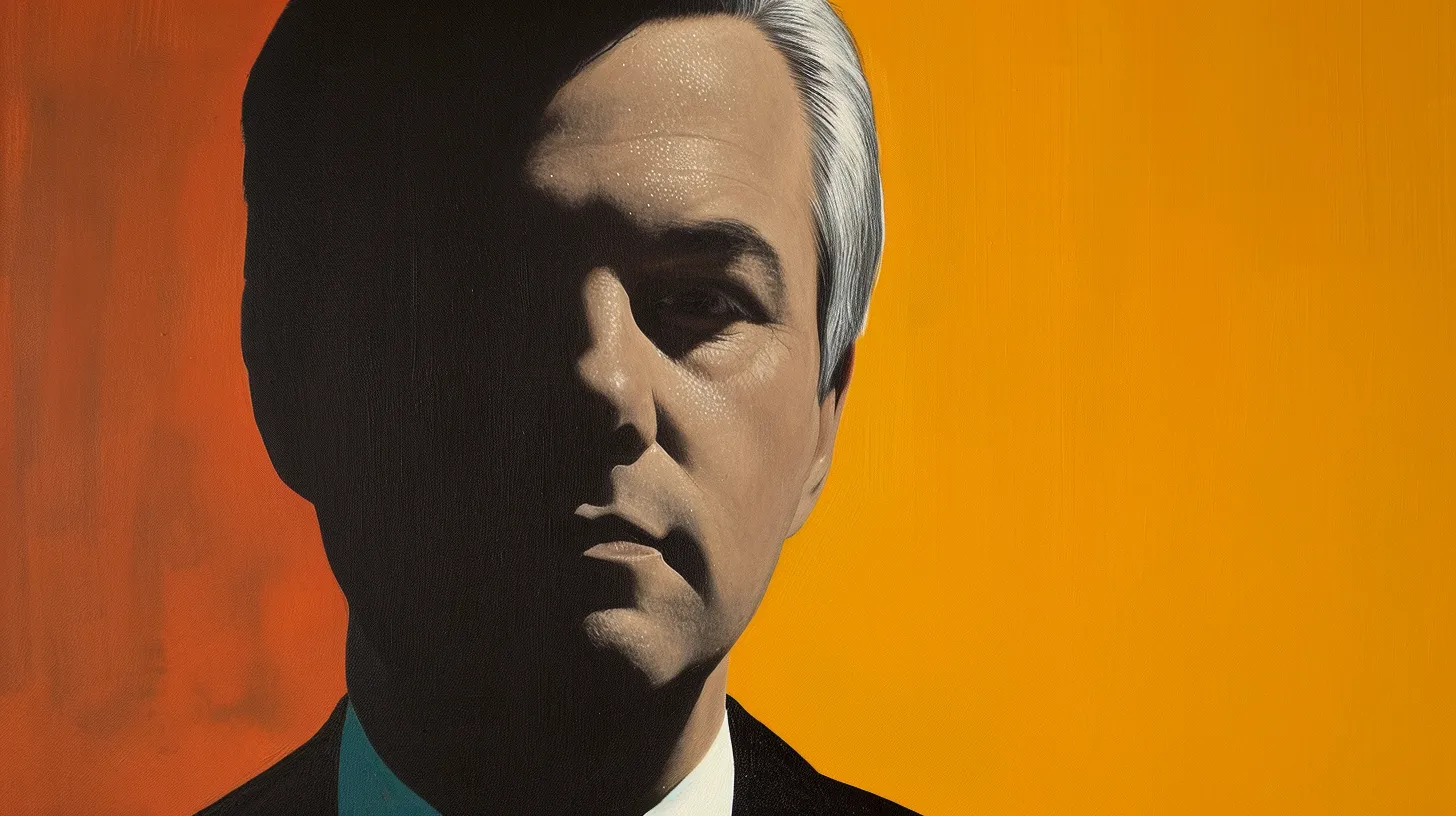
CEO of Wells Fargo (2007-2016)
John Stumpf led Wells Fargo through the 2008 crisis and bought Wachovia for $15 billion. His career ended when employees opened 3.5 million fake accounts to meet sales quotas. Elizabeth Warren grilled him on live television. Stumpf resigned and paid $17.5 million in fines. He then infamously received a lifetime banking ban.
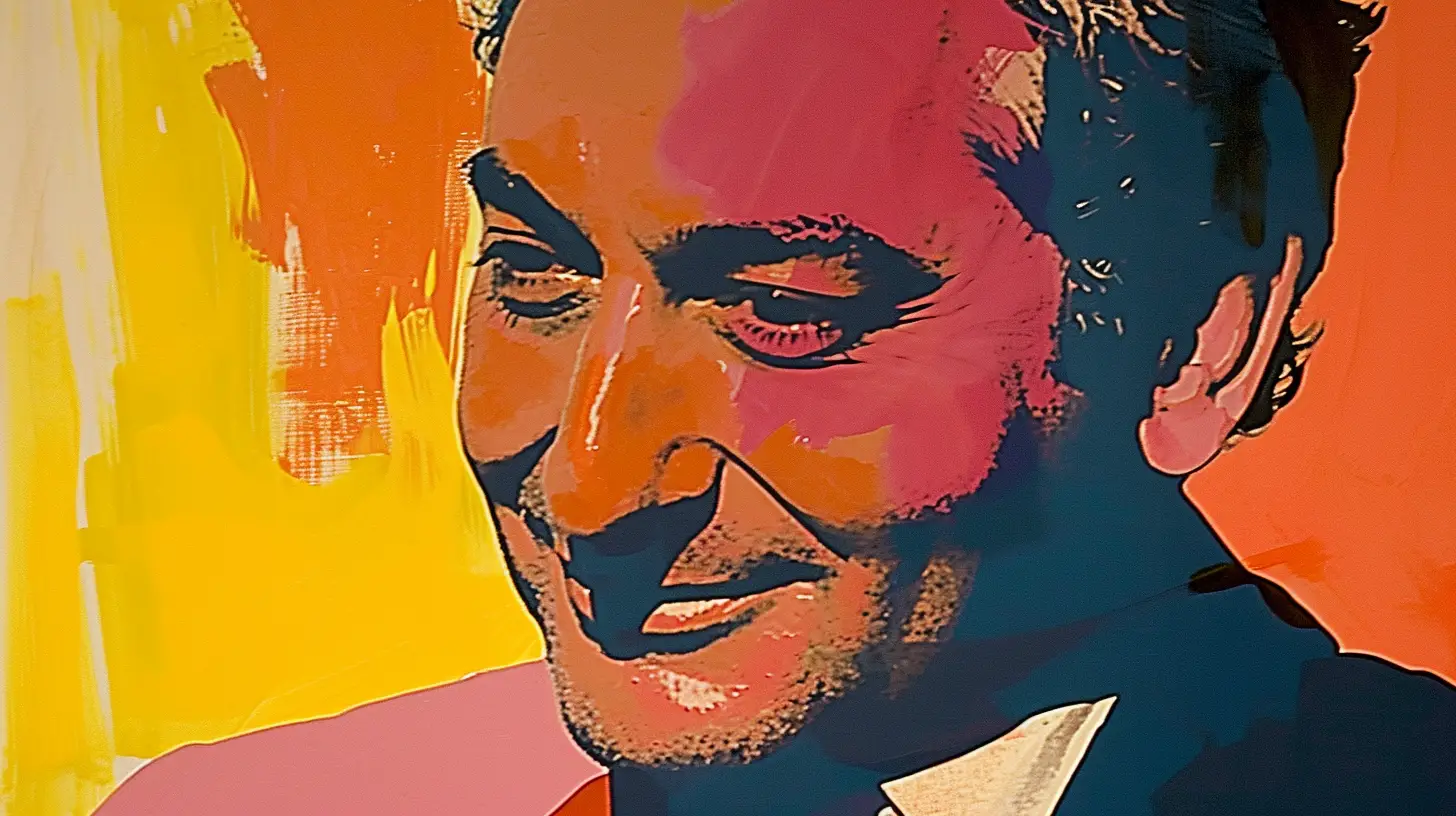
CEO of Citigroup (1998-2003)
Sandy Weill merged Travelers Group with Citicorp in 1998, creating Citigroup and breaking Glass-Steagall banking restrictions. He built the world's largest financial company through dozens of acquisitions. Weill created the "too big to fail" banking model that required a massive government rescue later.

CEO of JPMorgan Chase (2006-present)
Jamie Dimon has led JPMorgan Chase longer than any current major bank CEO. Throughout his tenure, he has survived throat cancer in 2014 and emergency heart surgery in 2020. Dimon bought Bear Stearns and Washington Mutual during the 2008 crisis, making JPMorgan the largest U.S. bank. He paid a record $13 billion mortgage settlement but kept his reputation intact.

CEO of UBS (1998-2008)
Marcel Ospel became UBS's first CEO after the 1998 merger created the world's second-largest bank. He was a quirky leader who loved hunting deer and playing drums during the Basel Carnival. Ospel's aggressive expansion into investment banking cost UBS $80 billion during the 2008 crisis. Switzerland provided a $60 billion bailout that saved the firm.

CEO of Barclays (2011-2012)
Bob Diamond built Barclays Capital's aggressive trading culture before becoming group CEO in 2011. His career ended when traders manipulated LIBOR interest rates. Barclays paid £290 million in fines. The scandal involved $350 trillion in financial products. Diamond resigned after saying it was time to stop "banker bashing."
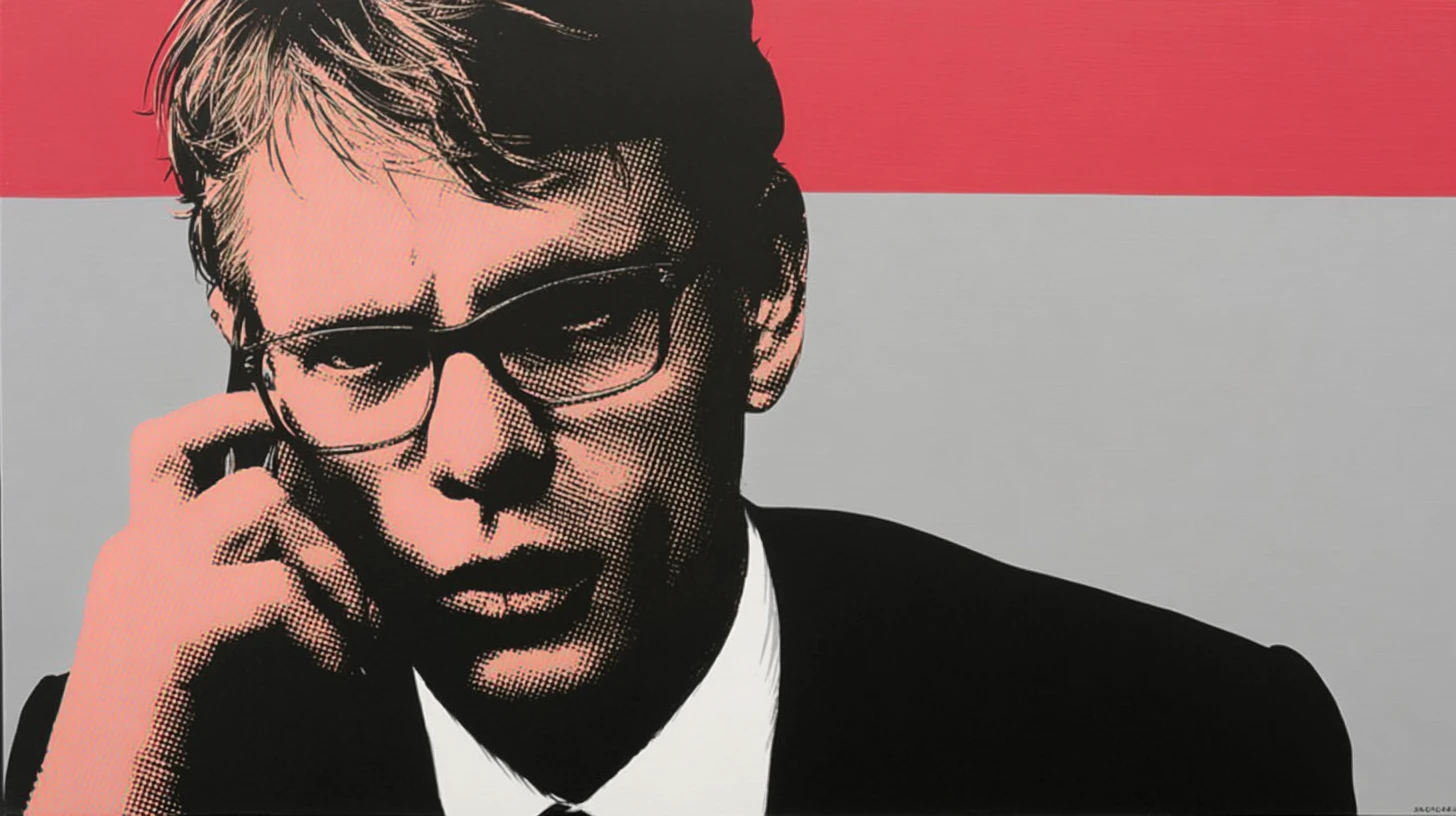
CEO of Deutsche Bank (2018-present)
Christian Sewing became Deutsche Bank CEO during money laundering scandals and regulatory troubles. He cut 18,000 jobs and exited global equities trading. Sewing refocused the bank on Germany after decades of failed international expansion. He has since inherited investigations into Jeffrey Epstein and Trump Organization connections.
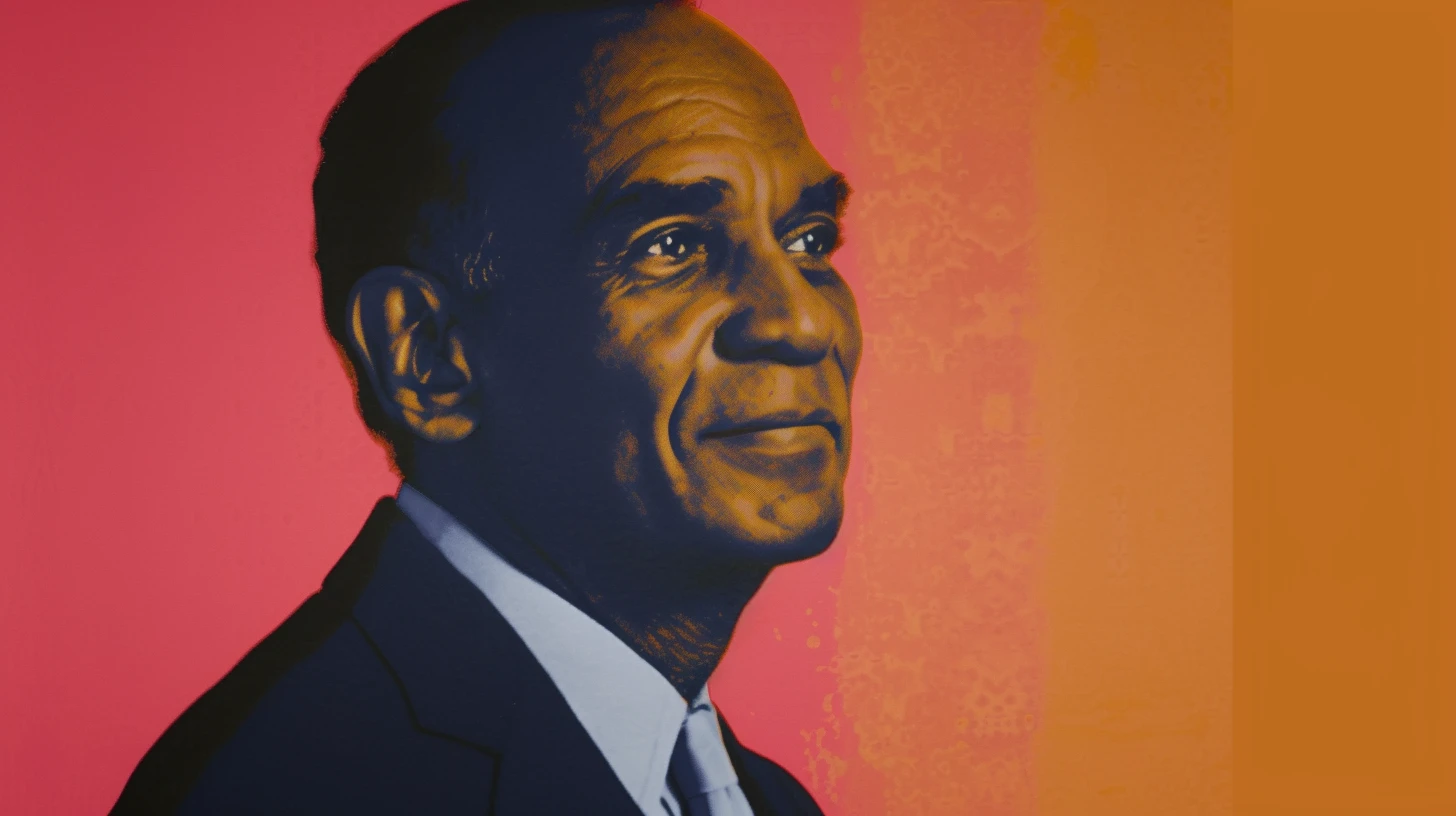
CEO of American Express (1993-2018)
Kenneth Chenault broke racial barriers as one of the few Black Fortune 500 CEOs during his 25-year tenure. He guided American Express through September 11, when the company's headquarters sat near the World Trade Center. Chenault helped stranded customers worldwide after the attacks. He stepped down voluntarily to join venture capital.

CEO of Visa (2013-present)
Ryan McInerney transformed Visa from a credit card company into a global technology platform. Today, Visa processes over 150 billion transactions annually across 200 countries. His consulting background helped modernize operations for the digital age. McInerney connects banks, merchants, and consumers while preparing for cryptocurrency adoption.
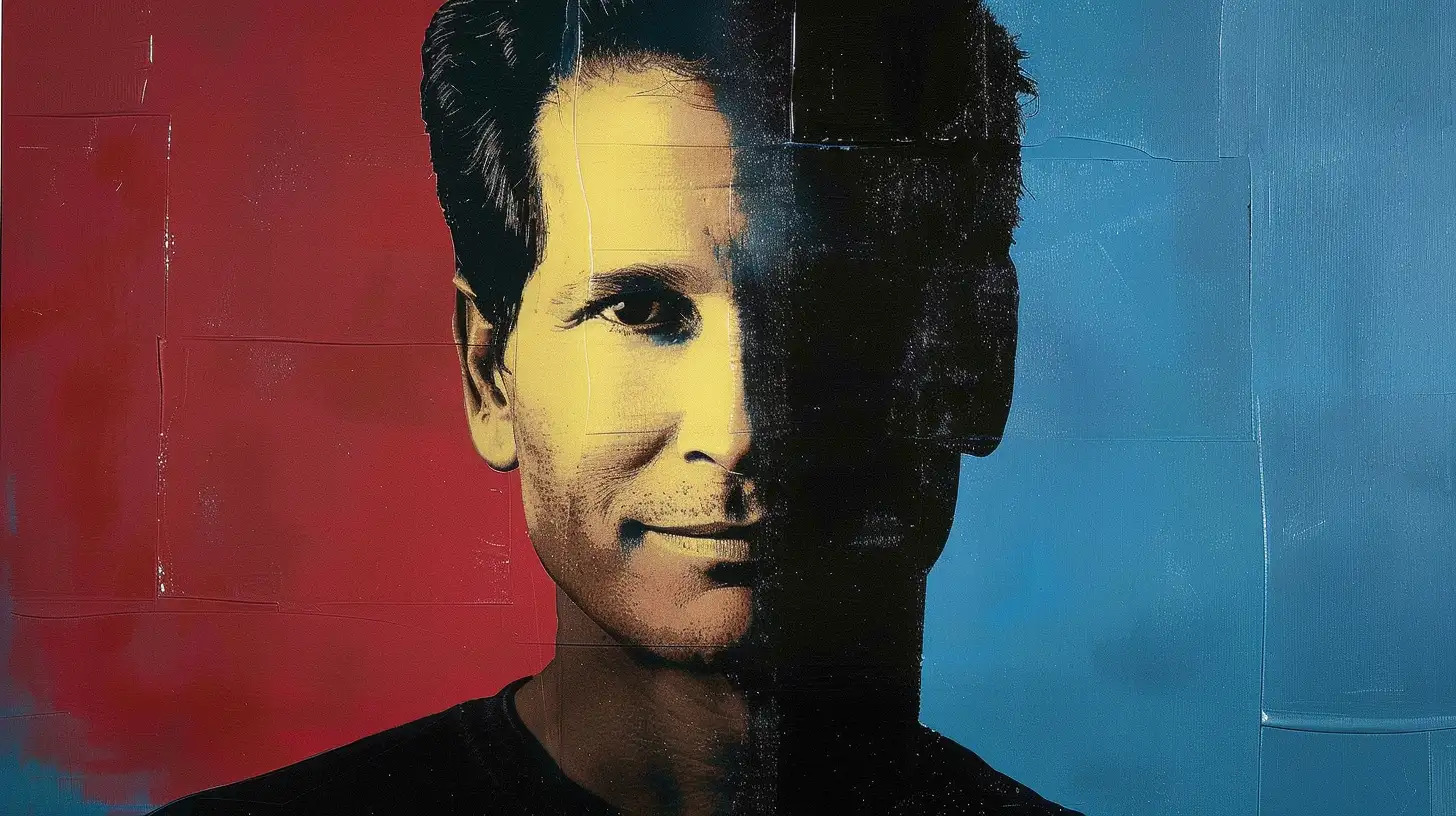
CEO of PayPal (2014-2020)
Dan Schulman separated PayPal from eBay and built it into a digital payments leader competing with Apple and Google. He focused on financial inclusion for underbanked populations globally. Schulman positioned PayPal for the cashless economy. The stock increased by over 700% during his tenure.
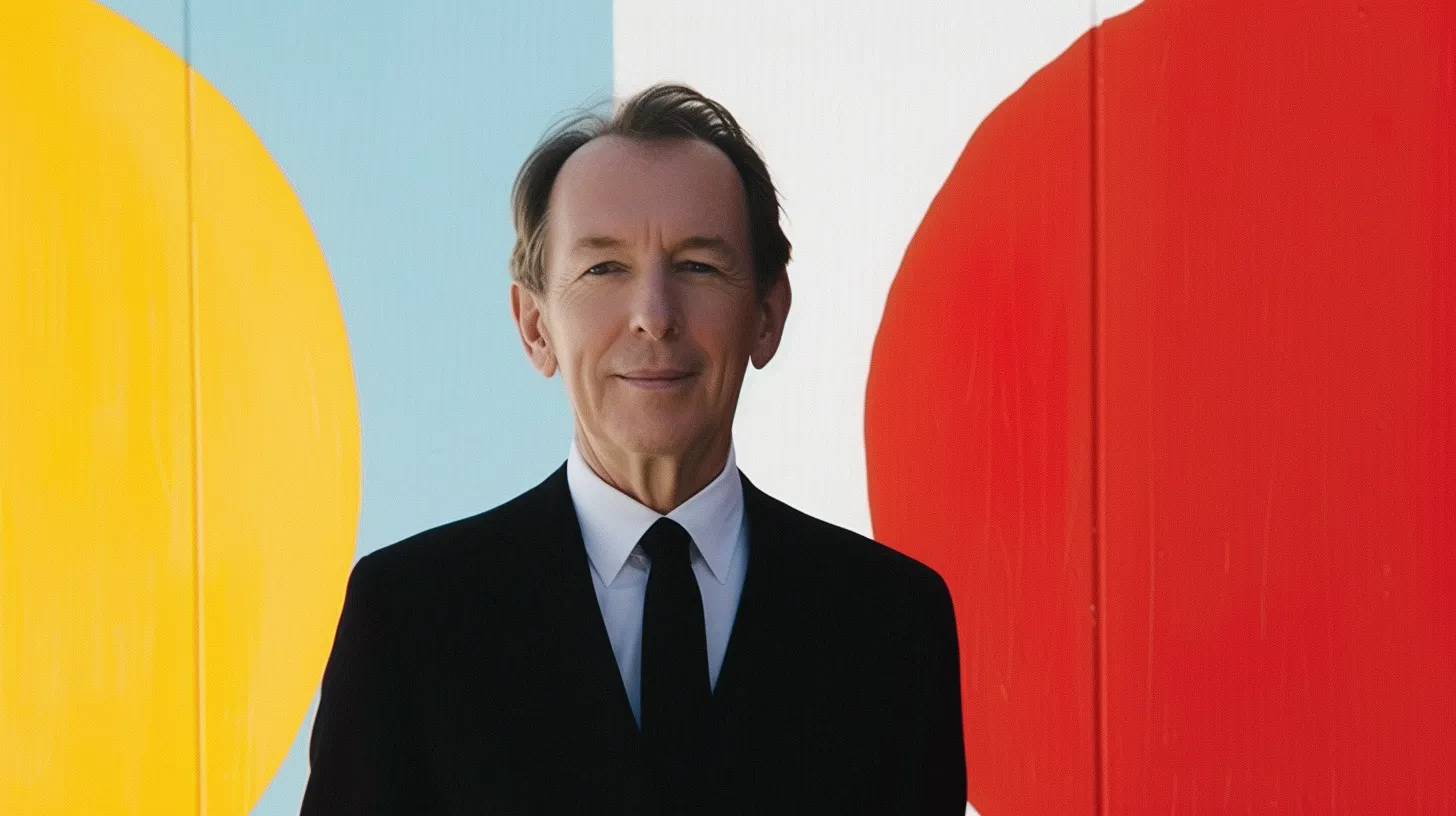
CEO of Morgan Stanley (2010-2024)
James Gorman rebuilt Morgan Stanley after the 2008 crisis by shifting from risky trading to stable wealth management.He bought Smith Barney's brokerage from Citigroup and acquired E*Trade. Gorman created the world's largest wealth management platform and doubled Morgan Stanley's stock price.
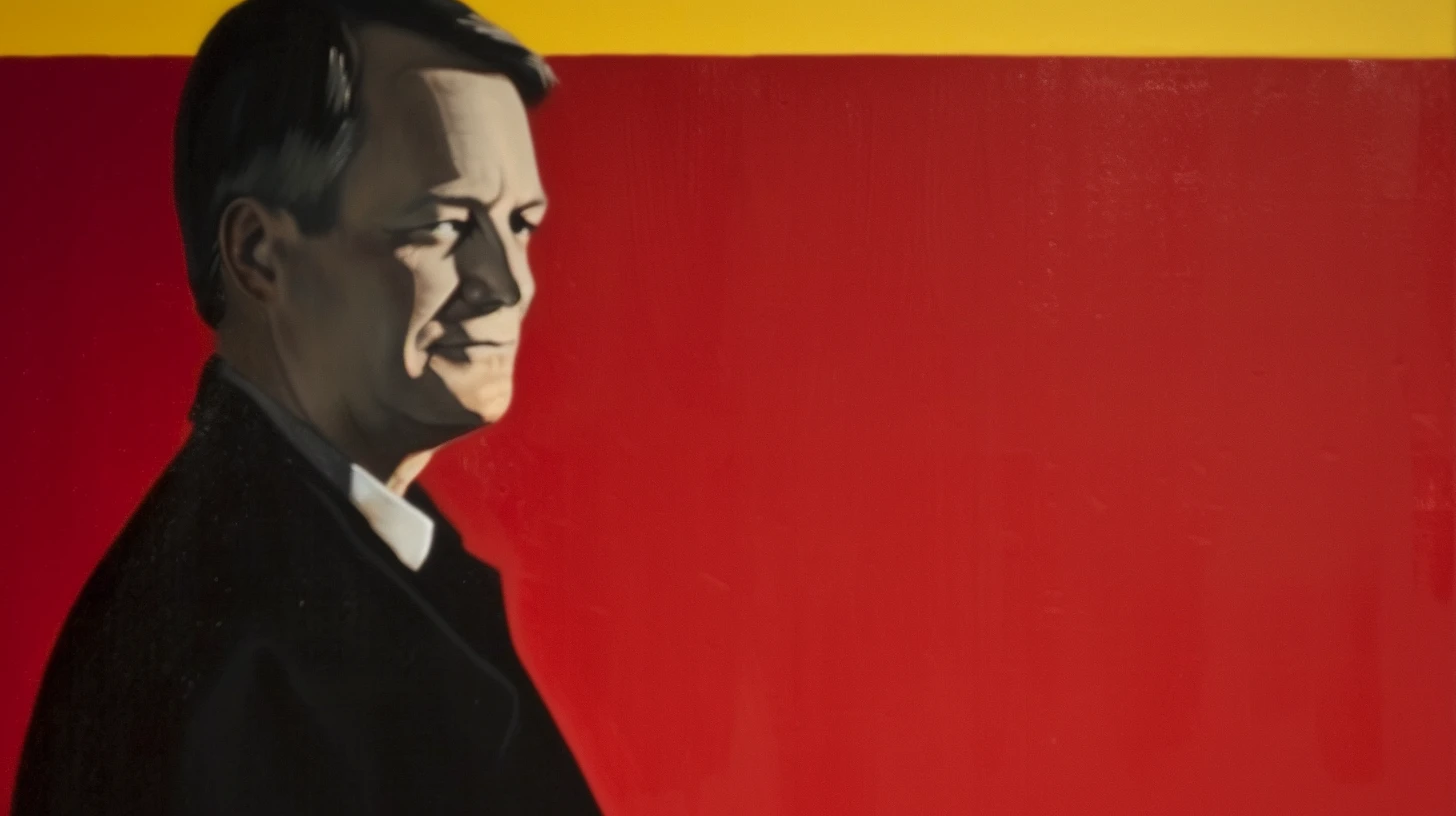
CEO of Charles Schwab (2008-present)
Walt Bettinger eliminated trading commissions in 2019, forcing the entire brokerage industry to follow. The decision cost Schwab billions in revenue but attracted millions of new accounts. Bettinger bought TD Ameritrade for $26 billion, creating the largest discount brokerage.
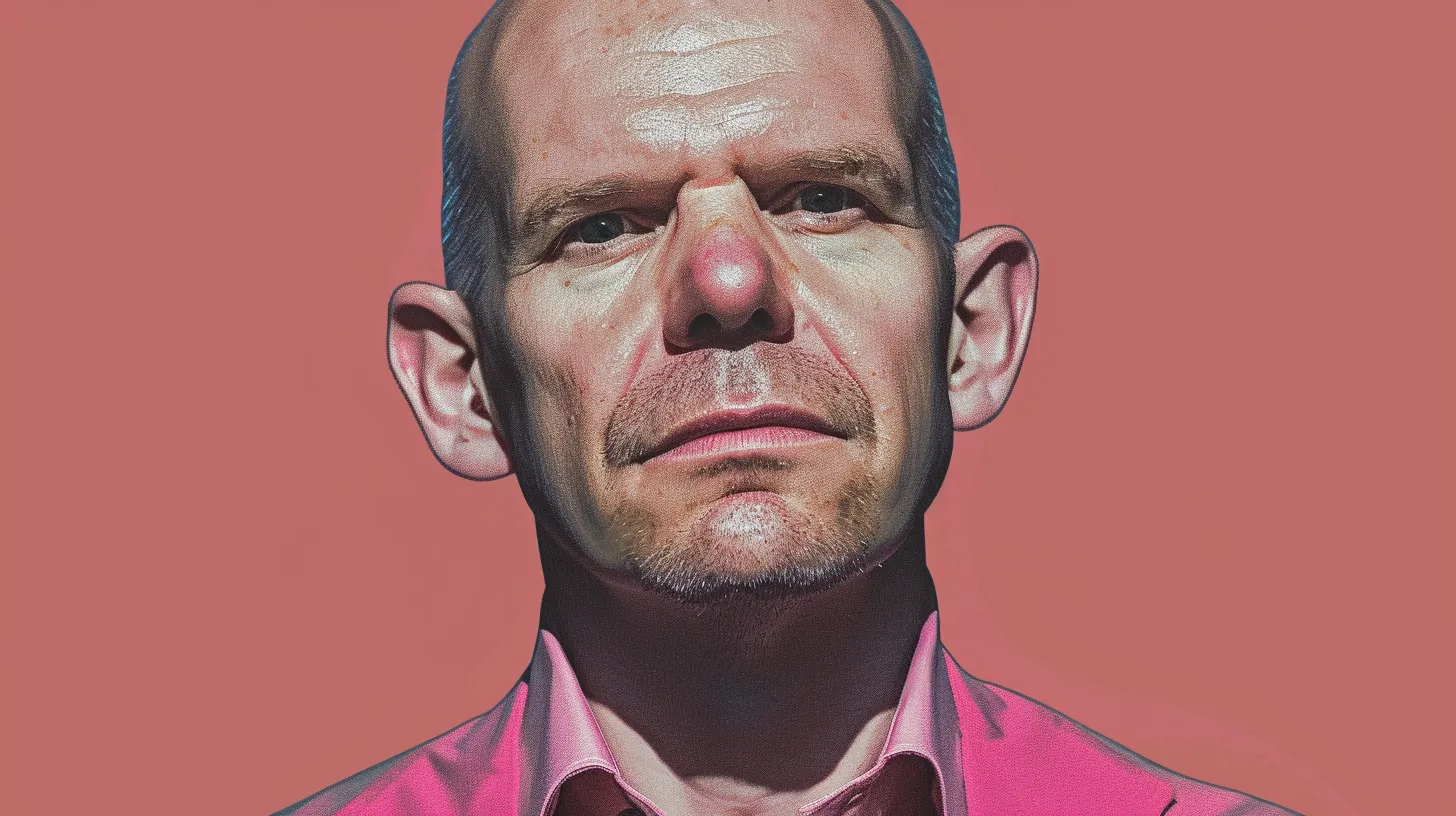
Mastercard (2021-present)
Michael Miebach became Mastercard CEO after 25 years with the company. The Austrian executive speaks multiple languages and brings international experience from various regions. Miebach has expanded Mastercard beyond payments into data analytics and cybersecurity. His open platform strategy includes partnerships with fintech companies.